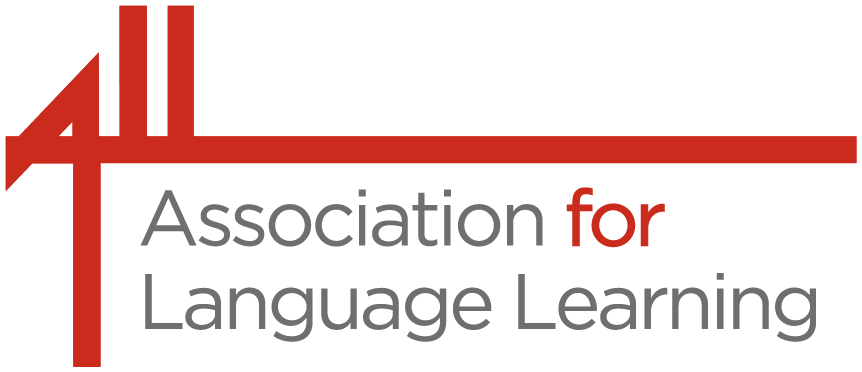Over many decades, governments and others have made commitments to increasing Australia’s ‘Asia literacy’.
But is this goal being met? Has the growth in investment in language programs and language study seen in the 1980s resulted in lasting change, or is Australia still largely complacent about Asian language education?
Professor Joe Lo Bianco, one of Australia’s most respected experts in language education, says if Australia really wants to increase its language literacy—in Asian and other languages—it needs to make language learning compulsory in Australian schools.
Professor Lo Bianco speaks here with Melbourne Asia Review’s Managing Editor, Cathy Harper.
You argue that ‘in every domain of human endeavour, common shared languages allow us to forge unity across differences, share resources, cooperate and form institutions, economies and nations.’ Perhaps there’s no greater need for ways to forge unity among and between peoples than during a pandemic, but what effect is COVID-19 having on Asian language education in Australia?
I think COVID is having a deleterious and almost devastating effect on all language education. But I think it has really damaged the our collective efforts in Asian language teaching in a substantial way. A large part of the reason is that language, language learning and language study are social practices and deeply interpersonal ones too. Ultimately, for most learners, what is involved in learning a language is the ability to participate in real world conversations. Even though public policy is usually very utilitarian, most language teaching professionals believe in something deeply human associated with language learning and hold the view that language study, even in small ways, makes for a better, more interacting world. I think something of this spirit motivates a lot of people involved in languages, and their commitment to the enterprise of establishing language study as a normal Australian activity is not diminished, in fact, it’s increased by the events of recent times.
Yet, here we are in mid-2021 with immense health, economic, and strategic challenges in the region, and our university language programs and area studies are being closed and amalgamated. While I believe the idea of what is defined as the national interest has been too simplistic in the past, I think there is a clear case today that our national interest is being undermined by the erosion of specialist high level research programs on key Asian societies. It seems incredible that in 2021, the absence of guiding policy and unchecked market forces, all aggravated by the effects of COVID, is weakening our national preparation in this way. Just in the past six months we have receded badly, so past vision statements really haven’t seeped deeply into the consciousness of our governing classes; and implementation mechanisms, both within institutions and in bureaucracies, have been exposed as fragile and sometimes inept. Very dispiriting on the whole. So in effect I am arguing we need both the substantive humanistic element and the pragmatic strategic dimensions in a comprehensive approach to language.
How can we recover? Are there ways that COVID-19 is helping turn our minds to more innovative ways to teach languages?
Recently, with some colleagues I did a project exploring the agency of young people in Asian language study. We arranged for a group of Melbourne students to ‘organically’ teach English to age-peers in China and then to receive lessons from them in Mandarin Chinese. We observed how they conceived and managed the activity, the relationships they forged, what their theory of teaching and learning was. One future direction must be to build on the affinity and normalisation that young people have with communications technology. We need to innovate in ways that allow students more direct voice and presence in language teaching designs. A lot of the routine work that teachers would have done in the past will increasingly be redundant through Artificial Intelligence systems. Teachers’ roles will shift towards providing personalised and targeted problem-solving guidance and helping students to plan their own learning. If education authorities are responsive to these new possibilities we will be able to greatly expand opportunities for students to listen to real-time naturalistic language from the authentic contexts in which it’s generated. Teachers’ roles will remain essential, but will be transformed into guidance and management of learning rather than being the complete and sole input. I feel very excited about such prospects even though I don’t see much experimentation on an ambitious scale yet.
This article appeared in the Melbourne Asia Review. You can read the article in full here.
